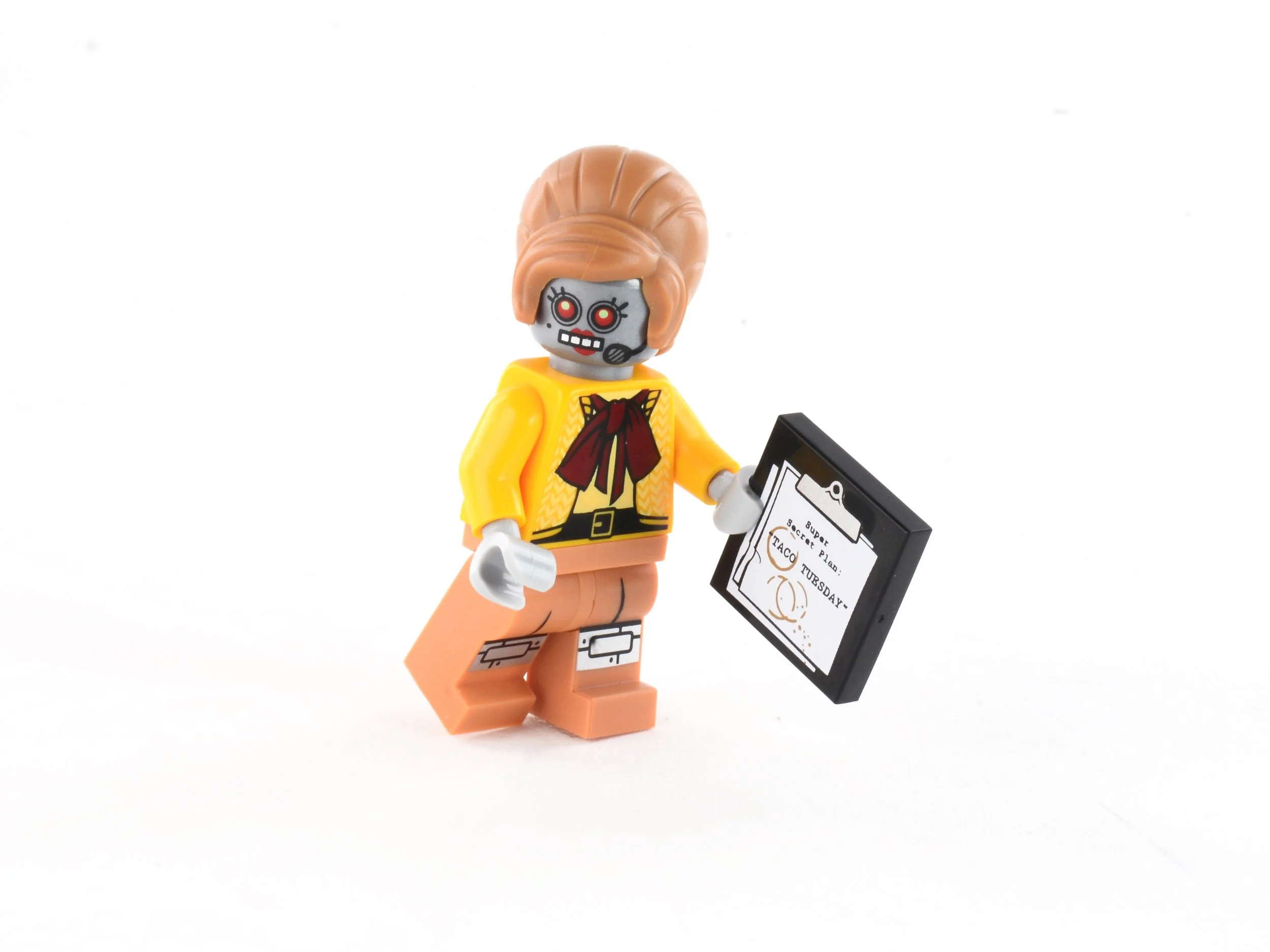
Paraphrasing vs. Plagiarism
As with any other academic project, when you are working on the iFixit Technical Writing Project you need to adhere to your institution's code of conduct. It’s especially important to avoid the trap of academic theft. This means knowing and recognizing the difference between paraphrasing and plagiarism. Not sure what the difference is? Let’s break it down:
Paraphrasing content is rewriting it in your own words.
Plagiarism is using another writer’s words or ideas as if they were your own.
There are a few simple rules you can follow to make sure you aren’t stealing someone else’s content:
Write in your own words. It’s fine to take notes on the key points from reference materials, but write the content yourself.
Beware of copy and paste. Pasting content without citing a source is stealing!
Cite your source. Linking is the internet’s way of citing a source. For example:
You can read more about plagiarism in this Wikipedia article.
It’s easy to “borrow” or copy and paste portions of text from a website or document, but using someone else’s content doesn’t help you build your writing skills, and it isn’t worth the academic consequences—sometimes failing or being expelled!
When in doubt, use your own words and link to the original content. If you have questions about citation, talk to your instructor, email us, or check in with the writer’s resource lab or writer’s workshop at your school.
